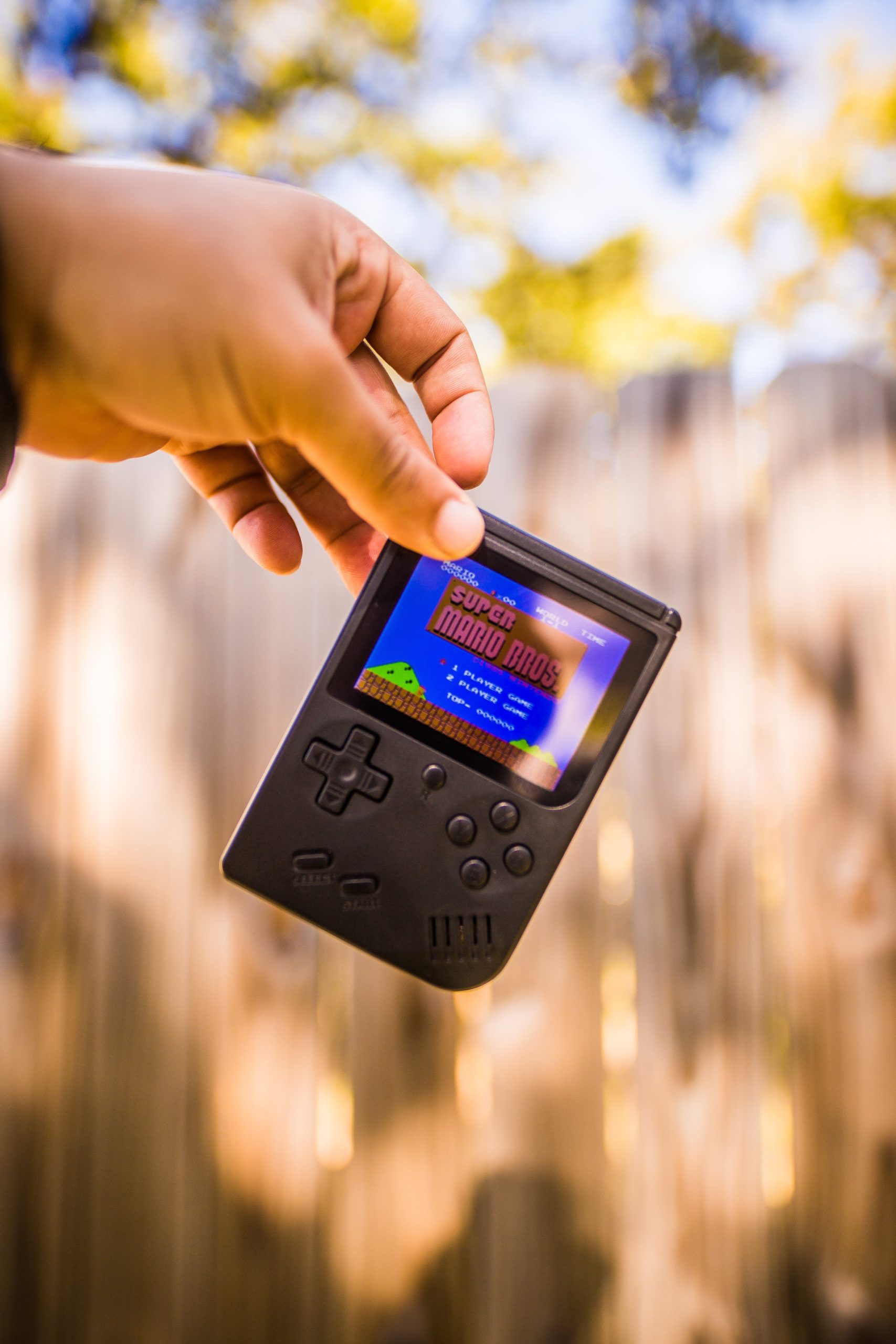Blockchain technology has revolutionized various industries, and one sector that has embraced its potential is the gaming industry, specifically through the use of non-fungible tokens (NFTs). NFTs have gained significant traction in recent years, attracting both gamers and investors alike. This article delves into the role of blockchain in gaming NFTs, highlighting its impact, benefits, and potential challenges.
The Basics of Blockchain
Before delving into the role of blockchain in gaming NFTs, it’s crucial to understand the basics of blockchain technology. Blockchain is a decentralized and transparent digital ledger that records and verifies transactions across multiple computers. It eliminates the need for intermediaries, providing a secure and tamper-proof way of storing and transferring digital assets.
NFTs: The Game Changer
Non-fungible tokens are unique digital assets that can represent ownership or uniqueness of an item, whether it’s a virtual in-game item, artwork, or even real-world assets. Unlike cryptocurrencies that are interchangeable, NFTs are indivisible and cannot be replicated or substituted.
In the gaming industry, NFTs have breathed new life and value into digital assets. They allow gamers to truly own their in-game items, trading, selling, and even lending them on various blockchain-powered platforms. This newfound ownership and scarcity have opened doors for new gaming experiences, creating a marketplace where players can move seamlessly between different games, unlocking the value of their virtual possessions.
Enhancing Ownership and Interoperability
Blockchain technology ensures true ownership of virtual assets within games. Previously, when purchasing in-game items or loot, gamers had limited control over them as they were bound within individual game ecosystems. With blockchain-powered NFTs, players have absolute ownership and control over their digital assets, even if they decide to move to a different game or platform.
Moreover, through the use of standards like ERC-721 and ERC-1155, NFTs have increased interoperability between different games and platforms. This means that a rare sword from one role-playing game can be used in another game, granting its owner unique advantages and status across multiple virtual worlds.
Empowering the Gaming Economy
The introduction of blockchain-based NFTs has also revolutionized the gaming economy. It offers new opportunities for gamers to monetize their skills, time, and dedication. Players can earn, trade, and sell valuable virtual items, creating a new revenue stream.
This economy extends beyond the boundaries of games, as investors and collectors also join the fray. Rare and unique NFTs can gain significant value, with some reaching staggering prices in online auctions. Blockchain technology ensures transparency and immutability in these transactions, enabling buyers and sellers to trust the authenticity and provenance of the assets they trade.
Challenges and Considerations
While the role of blockchain in gaming NFTs is undoubtedly promising, there are challenges to overcome. One major concern is the environmental impact of blockchain networks, particularly the energy consumption associated with verifying and securing transactions. However, ongoing efforts are being made to transition to more sustainable and energy-efficient blockchain solutions.
Another consideration is scalability. Currently, popular blockchain networks may struggle to handle the scalability demands of large-scale gaming platforms. However, innovative solutions such as layer-two protocols or alternative blockchains specifically designed for gaming applications are being developed to address this challenge.
Additionally, ensuring the security of NFTs is crucial. The decentralized nature of blockchain makes it difficult to reverse transactions or protect against theft. Players and platforms must prioritize cybersecurity measures to safeguard valuable assets and maintain users’ trust.
The Road Ahead
The role of blockchain in gaming NFTs opens up a world of possibilities for both players and developers. With true ownership, interoperability, and a thriving gaming economy, the potential for innovation and creativity in the gaming industry is limitless.
As blockchain technology continues to evolve and overcome its challenges, we can expect to witness further integration of NFTs into gaming experiences. This integration could include personalized and customizable in-game assets, cross-platform compatibility, and more immersive gameplay.
In conclusion, the role of blockchain in gaming NFTs cannot be understated. It has the power to revolutionize the way gamers engage with virtual assets, bringing newfound ownership, value, and opportunities to the gaming industry. With ongoing advancements, we are witnessing the dawn of a new era where players become true digital asset holders and creators shape the future of gaming.


